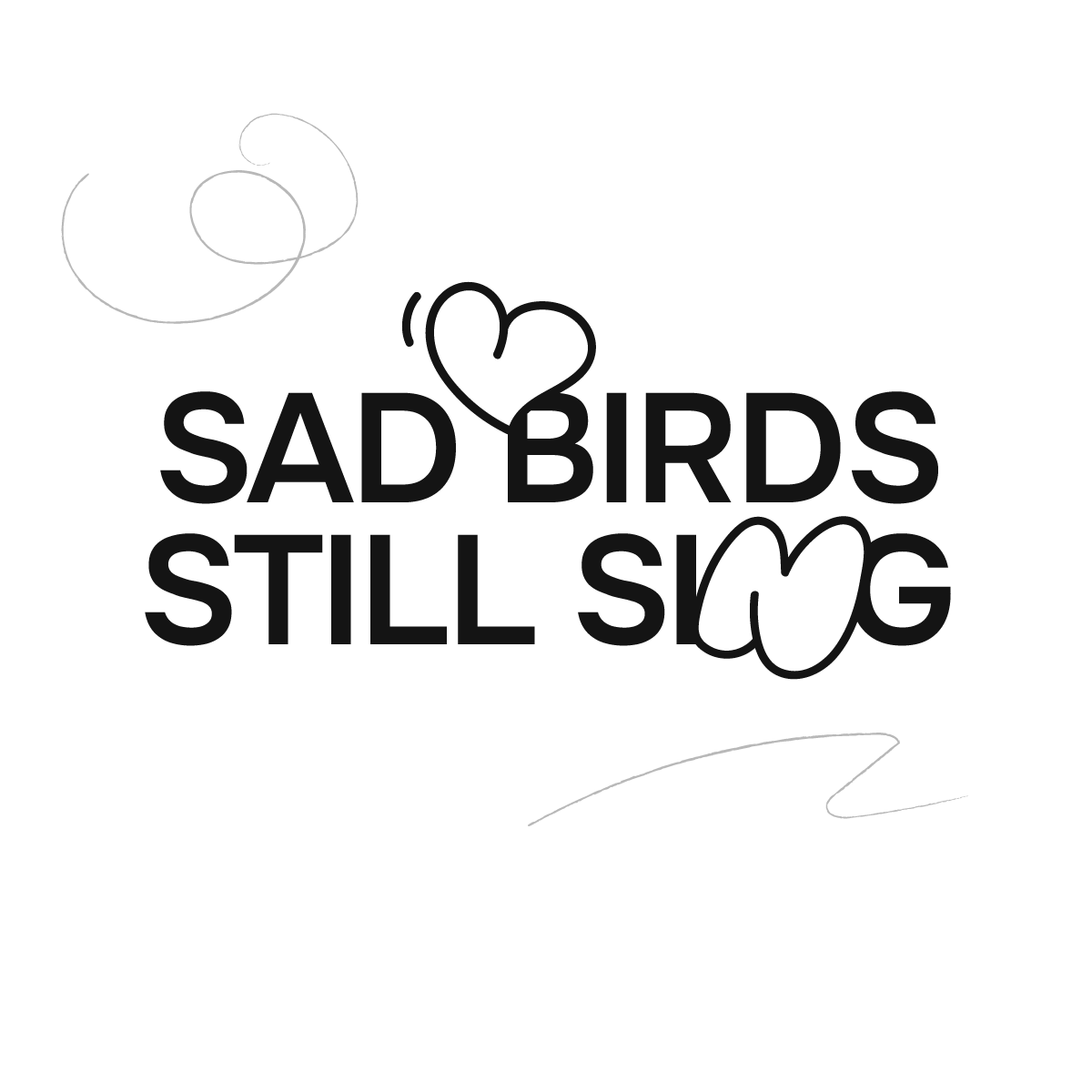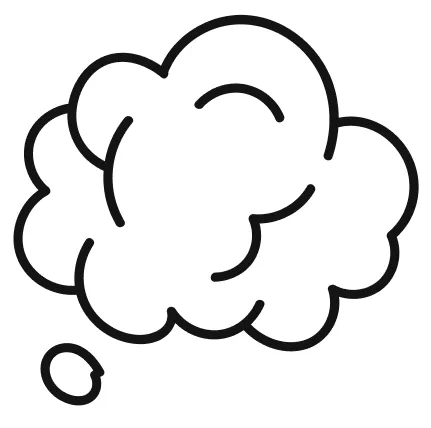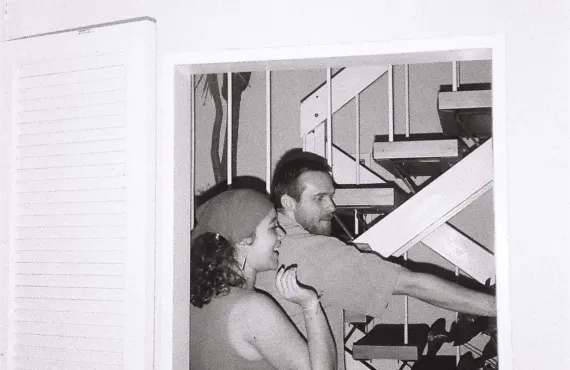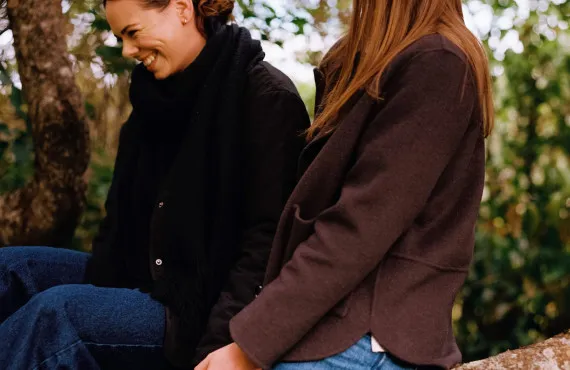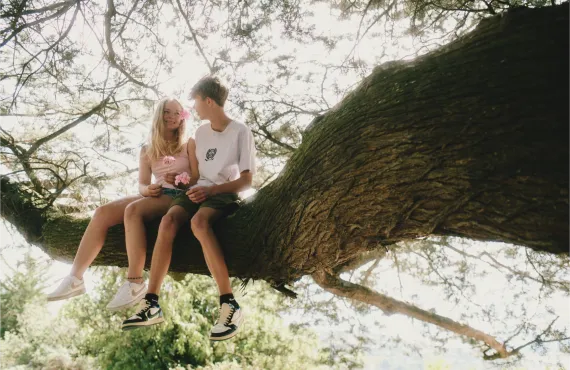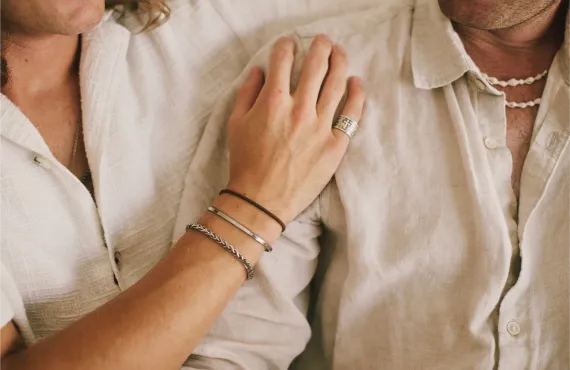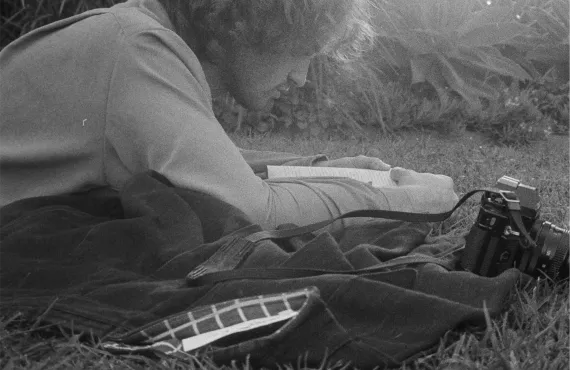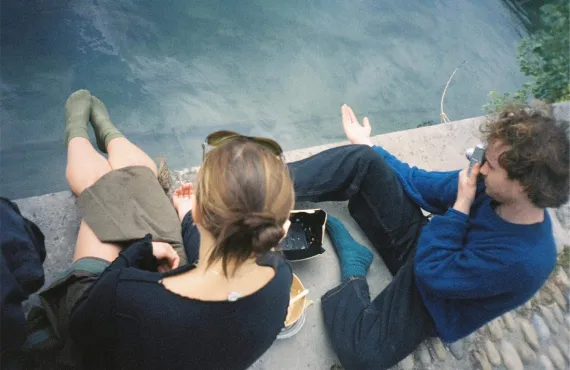Stop taking relationship advice from TikTok
By Rachel Barker
First published on VICE.COM

How often do you find yourself on your phone at 2am watching a 22-year-old from California tell you that “your partner doesn’t really love you if they’re not posting daily photos of you on their Instagram”?
User-generated content and unwarranted guidance go hand in hand. This means platforms like TikTok and Instagram are flooded with bad advice and misinformation about relationships and dating. And most of us are seeing it almost daily, even if we don’t want to.
It’s not that there aren’t any professionals on the platform. But the algorithm's job is to feed you content you might like – so your feed can quickly go from videos of well-intentioned licensed therapists to seemingly similar content from people who don’t have the education and qualifications to back themselves up.
Some of these people are idiots, some are really intelligent, some are straight-up evil and some are incredibly well-meaning. And it’s always important to remember: TikTok for so many people is a money-maker and business tool – and people know that creating viral content draws in audiences – so even when the person is a “professional” there’s no guarantee that their intentions are better than anyone else's.
Wherever it falls on the spectrum of “Women are horses,” to “Your man shouldn’t have female friends,” if you’re on the app, you’re going to be bombarded with questionable dating advice. The content we’re shown can gradually get more extreme, so it’s not always easy to tell when we’re in a dangerous rabbit hole.
General rule: if most people in real life are shocked by the ideologies you’re spouting, then they’ve probably become a bit extreme.
Many of us probably feel like we’re smart enough to avoid the obviously dodgy stuff. But the issue is not always which ideas we are consuming, it’s the way we connect these ideas back to our own lives. TikTok and other online platforms have played a huge role in encouraging people to self-pathologize.
As NZ sex therapist and betrayal trauma specialist Jo Robertson says, “We're actually seeing in every single field or industry.”
“Young people, I'm probably going to say under 25, are coming forward with self diagnosis or language they may not have historically had to describe their experience.”
Waking up one day and saying you have cancer without consulting a doctor would be mad – but we’re comfortable diagnosing psychological conditions and unhealthy behaviours in our own relationships, and in others, without professional insight.
Abuse, manipulation, and gaslighting are huge concepts, developed over years of psychological study, that aren’t likely to appear in the majority of relationships. But you might think differently if you’re getting your relationship worldview from TikTok. It seems like every 2nd person has been in an abusive relationship, but the reality is a lot of us who are using that language haven’t experienced physical violence or intentional isolation at our partner's hands. We use this language because it’s been normalised and we might not understand what it really describes in professional spaces.
A lot of people can fall into self-diagnosis when they are experiencing loneliness and isolation. To feel a part of a group or community can be incredibly gratifying, which is why so many online communities are bound together by individual loneliness. If you don’t have a close unit of friends, or family, it may feel less vulnerable to share your personal life online than in your real life.
Another, more insidious rationale for people chowing down on endless TikTok toxicity: a lot of the relationship content on the platform diverts responsibility from the user. It’s rare to see videos encouraging self-reflection and personal culpability, but incredibly common to encounter videos discussing the ways other people are harming or impacting you.
"Hearing other people's advice and opinions can help us develop a wider understanding of things like sexuality and gender."
It’s worth saying not all self-diagnosis is a bad thing. Hearing other people's advice and opinions can help us develop a wider understanding of things like sexuality and gender – things that are self-defined – and that can be really empowering. The confusion comes as we apply the same self-defining ideology to other fields.
Ultimately, the best path you can take if you have concerns about your relationship is to remind yourself that people on TikTok often won’t have any more qualifications than you do. Log off and speak to someone in real life. And if those concerns have anything to do with harmful behaviour or traumatic experiences within your relationship then seek out professional help (see our Get Help page).
Nuance is so important in analysing our relationships – and you can’t explore that nuance in a one-way video. You can’t build a real picture of your relationship based on snippets of other people’s. It takes a conversation with someone who knows their stuff.
Tagged
You may also like
-
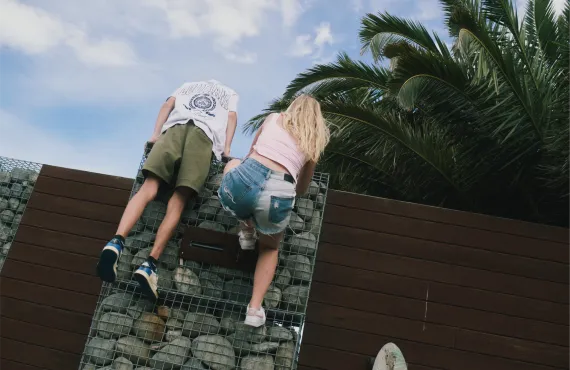 Read
ReadDo you like your partner as a person, or do you like the lifestyle they offer you?
Advice, Relationships
